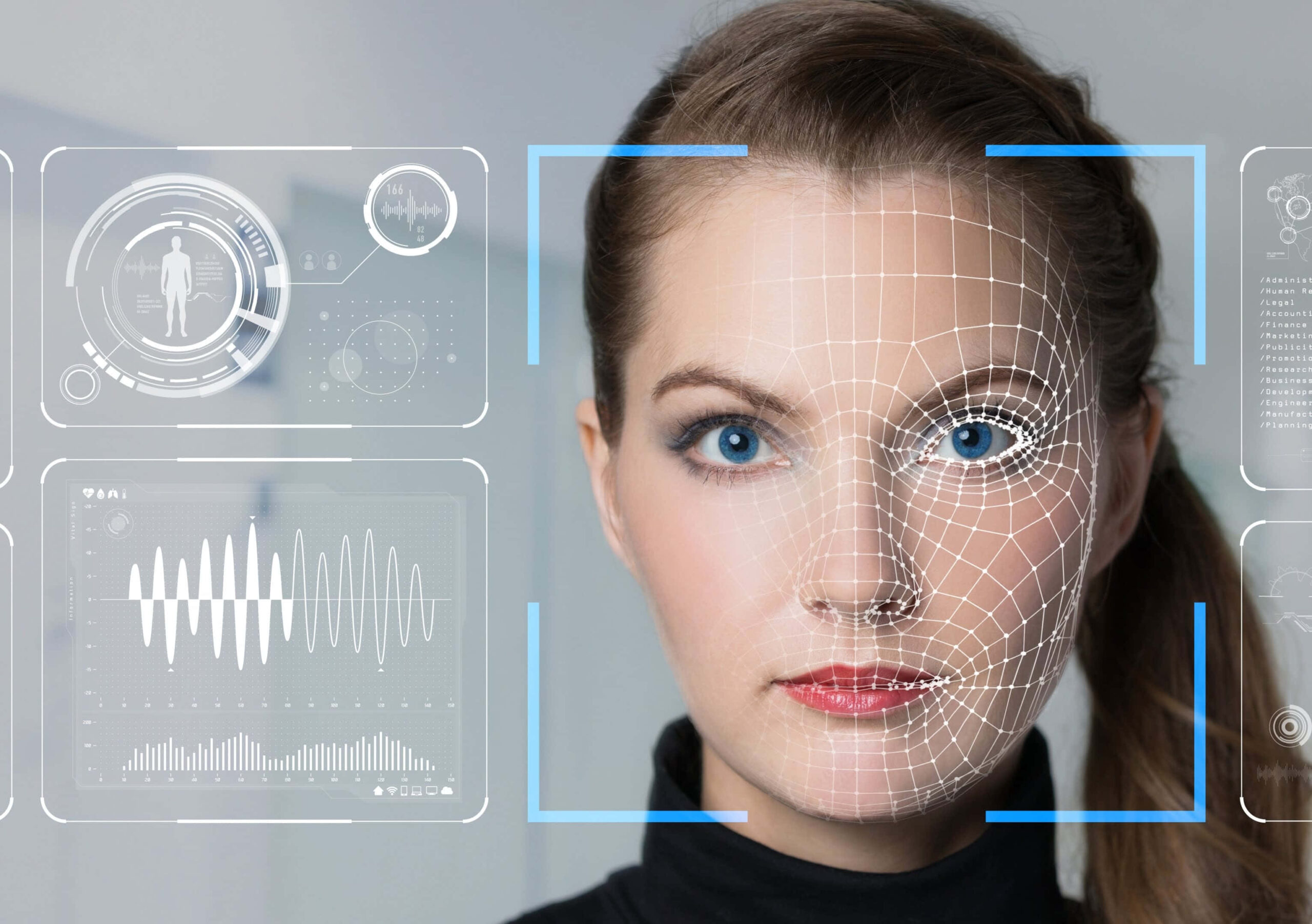In the past few years, the landscape of mobile apps and user experiences has undergone a remarkable transformation. Gone are the days of simple and basic applications, as recent advancements in mobile app development have ushered in a new era. At the forefront of this revolution is the integration and utilization of artificial intelligence.
Artificial intelligence has become a pervasive force, shaping various aspects of our lives, from our interactions on social media platforms to the everyday tasks we perform on our mobile devices. Machine learning and AI technologies have become instrumental in enhancing the functionality and efficiency of mobile apps, providing users with more personalized and intuitive experiences. Here are a few ways in which AI has impacted mobile application development in recent years:
Recognition of Emotions

Emotion recognition has emerged as a prominent area of focus in AI research. Recent advancements have allowed us to harness the power of machine learning and artificial intelligence to incorporate emotion recognition capabilities into mobile apps. By leveraging image and sound data processing, these apps are now capable of capturing and interpreting subtle cues such as micro and macro expressions, body language, and vocal intonation.
This technology holds tremendous potential for businesses to gain valuable insights into their customers’ emotional responses. By analyzing and understanding these emotions, companies can improve customer experiences by identifying specific needs or pain points related to their products or services. Furthermore, emotion recognition can also serve as a valuable tool for generating new product ideas, as it provides a deeper understanding of customer preferences and sentiments. By integrating emotion recognition into mobile apps, businesses can unlock new opportunities to connect with their customers on a more profound and meaningful level.
Search Engines

Voice commands and voice search have revolutionized the way we interact with technology, thanks to significant advancements in machine learning and artificial intelligence. In the past, users had to manually type their search queries into search engines. However, with the integration of voice recognition technology, users can now effortlessly communicate their queries and commands to digital assistants.
The convenience and efficiency of voice commands have greatly simplified tasks that previously required logging into a computer or opening a smartphone. As an illustration, if users were to say, “Hello Google, could you guide me to a delicious pasta restaurant?” they would promptly receive a response providing directions to the suggested venue. Similarly, voice commands enable users to compose and send text messages without the need for typing, enhancing productivity and convenience.
By embracing voice commands and voice search, businesses can seize opportunities to engage with customers and provide quick and accurate information. Optimizing your online presence to be voice search-friendly ensures that your business is easily discoverable and can respond effectively to user queries. Voice commands have transformed the way we interact with technology, making it more natural and intuitive and opening up new possibilities for seamless communication and information retrieval.
Facial Identification

Face recognition technology has become a prominent feature in smartphones, offering a convenient and secure method for unlocking devices and accessing various applications. Powered by artificial intelligence (AI) and machine learning (ML) algorithms, these technologies analyze and recognize unique facial features to grant user authentication.
In the coming years, smartphone manufacturers are expected to further enhance face recognition capabilities by leveraging advanced AI and ML techniques. This will enable devices to adapt and recognize individuals even as their facial traits change. For instance, the technology will be capable of accurately identifying users who wear glasses or have grown a beard, ensuring seamless and reliable authentication.
By incorporating more sophisticated AI and ML algorithms, face recognition on smartphones will become more robust, efficient, and adaptable to users’ changing appearances. This advancement will offer a higher level of security and user experience, eliminating the need for traditional password-based authentication methods. As technology continues to evolve, the future of face recognition on smartphones holds exciting possibilities for improved convenience and enhanced privacy.
Smart Camera

The integration of artificial intelligence (AI) and machine learning (ML) in smartphone cameras has revolutionized mobile photography. Customized mobile app developers and smartphone manufacturers have made significant advancements in this area, enhancing the capabilities of smartphone cameras and delivering exceptional user experiences.
AI and ML algorithms enable smartphone cameras to recognize various subjects and scenes in photos, such as fireworks or faces. Based on this recognition, the camera automatically adjusts its settings to capture the best possible image. This intelligent image processing ensures that users can capture stunning photos without the need for manual adjustments.
Moreover, machine learning algorithms can analyze facial features in real-time, allowing for instant improvements in portrait photography. By identifying and enhancing specific facial attributes, such as skin tone, sharpness, and lighting, smartphone cameras can produce professional-looking portraits effortlessly.
Beyond photography, AI and ML advancements in smartphone cameras offer exciting possibilities. For instance, these technologies can analyze images of food and provide estimates of the calories consumed, supporting users in maintaining a healthy lifestyle. Additionally, businesses can benefit from AI-powered image recognition to gain insights into how and where their products are being used when customers post photos on social media platforms.
Real-Time Translation

AI-powered translation apps have transformed language communication, but most of them rely on internet connectivity. However, recent advancements in artificial intelligence have made it possible for smartphones to perform real-time translations without an internet connection. By leveraging AI algorithms, these devices can quickly translate and transliterate multiple languages on the go.
This offline functionality provides users with convenient access to translation features anywhere, anytime. Additionally, AI can enhance language training tools by allowing users to adjust the translation latency, facilitating effective language learning. These developments enable users to overcome language barriers more effortlessly and make communication across different languages more accessible and efficient.
Conclusion

In conclusion, the integration of artificial intelligence technology in mobile app development has brought significant advancements and benefits to the industry. With AI-powered features and capabilities, mobile apps now offer enhanced user experiences and interactions, seamlessly connecting users to a vast ecosystem of intelligent applications.
This has resulted in improved user engagement and has contributed to the overall growth of businesses worldwide. The ability of AI to understand user preferences, provide personalized recommendations, and streamline processes has revolutionized the mobile app landscape, making it more dynamic, efficient, and user-centric. As AI continues to evolve, we can expect even more exciting possibilities and innovations in the field of mobile app development.









